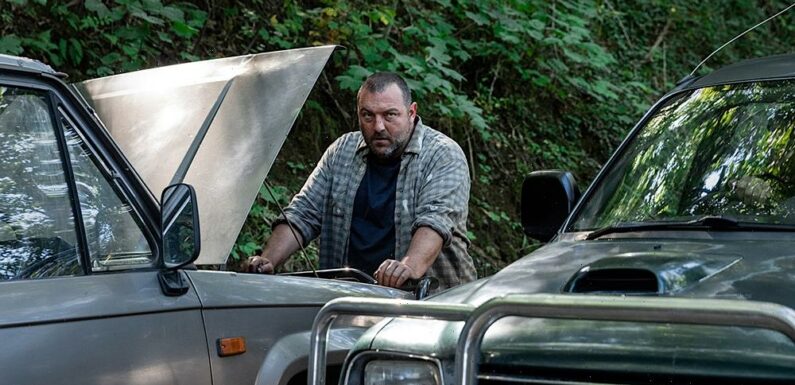
Over the past 20 years or so, a surfeit of arthouse titles and an older demographic turning away from theaters have worn away at the sales of non-English language films.
Currently, cinema across the world, and especially arthouse, is stuck between a rock — global streamers often paying less, striking fewer worldwide deals and buying fewer finished movies — and a hard place: a pandemic-drained theatrical business for all but a few tentpoles.
“A few years ago, even if a film wasn’t perfect and had limited festival play, it sold at least a little,” says Film Factory founder Vicente Canales. “Now, either a film works, and sells pretty much the world, or it doesn’t work at all.”
Yet Spain’s top sales agents remain broadly optimistic about the future.
For one thing, some films do still do business, led by new titles from star auteurs that have A-festival play, such as Rodrigo Sorogoyen’s Cannes premiere “The Beasts,” which had sold 327,386 tickets in France, grossed €4.3 million ($4.7 million) in Spain and is on track to sell over half the world.
There are also what Canales calls “event” films. One example: “Close Your Eyes,” the first feature in 30 years from Victor Erice (“The Spirit of the Beehive”), has recently closed France with Haut et Court.
“Genre travels, and even thrillers have a chance, if suffused by auteurist vision,” says Latido Films CEO Antonio Saura, citing major territory pre-sales on Daniel Calparsoro’s “All the Names of God,” a terrorism actioner.
Likewise, “Irati,” a Basque Country period epic laced with fantasy and local lore, is “still selling very, very well,” says Ivan Díaz, head of Filmax Intl., which is selling the film.
New talent can catch fire if it breaks out at a festival. Indeed, on small Spanish arthouse or genre films, the tactical decision of which festival and countries to play first can become a key one, notes Begin Again Films managing director Gloria Bretones. “If you have success outside of Spain [first], you will be a star in Spain,” she says.
Domestic cinema has other things going for it. Thanks to “Money Heist,” titles from Spain occupy more slots on Netflix’s Top 10 of most watched non-English-language series than any other country in the world. That helps.
Díaz cites “Lost & Found,” a noir thriller boosted by the presence of “Money Heist’s” Alvaro Morte, that allowed Filmax to “clinch better sales.”
Multiple Spanish movies, from broad comedy “The Kids Are Alright 2” to Berlin Golden Bear winner “Alcarràs,” are racking up good figures on home territory, pushing Spanish movies to a 22% market share in 2022, only bested the last decade by 2014’s 25% and 2020’s 24.5%.
The major hope, however, is a reshaping of the landscape.
Slowly, box office is coming back. “The territory-by-territory business is slowly gaining momentum, especially from the second half of 2022,” says Saura.
“I’m very optimistic that more national platforms like Filmin in Spain, as opposed to multi- national streamers, will emerge and need content and catalog. We already selling catalog a lot,” he adds.
The pandemic gave Begin Again Films a key opportunity to grow relationships with platforms, Bretones observes.
These relationships, married to competitive pricing, give boutique agencies the ability to seek out the mix of deals needed to get their films sold.
Change, moreover, is in the very nature of the film business.
“If you look to the past, it has always been the same, even before the pandemic,” says Bendita Films founder Luis Renart. “There are always changes, the impact of platforms [launching] or many other changes, but we are still here in business.”
Read More About:
Source: Read Full Article